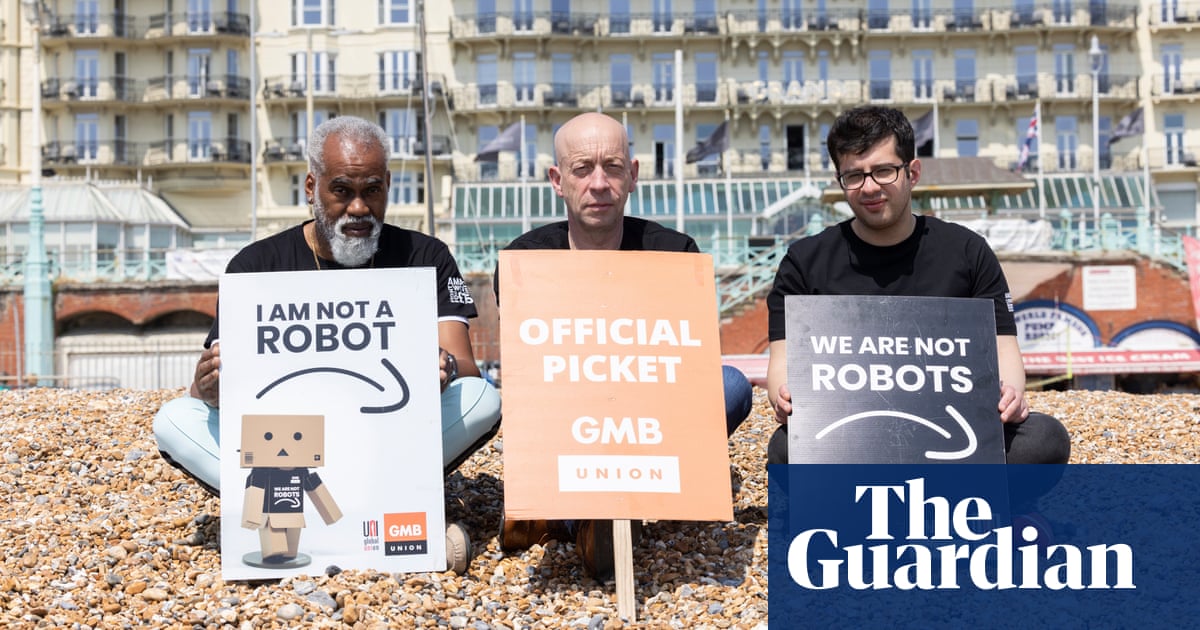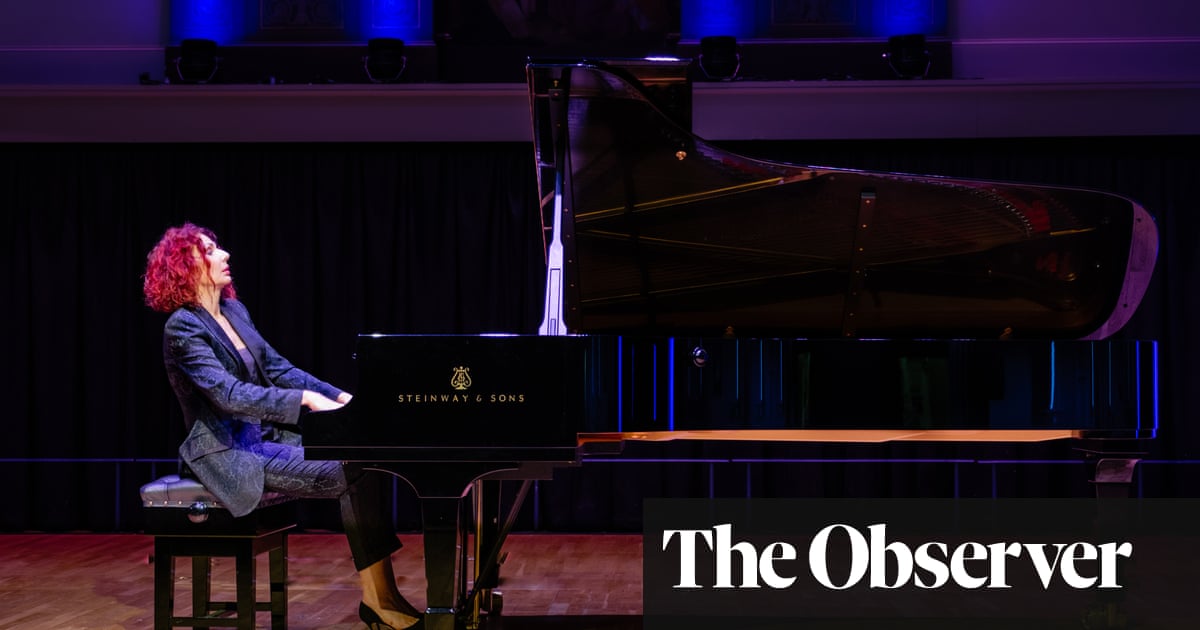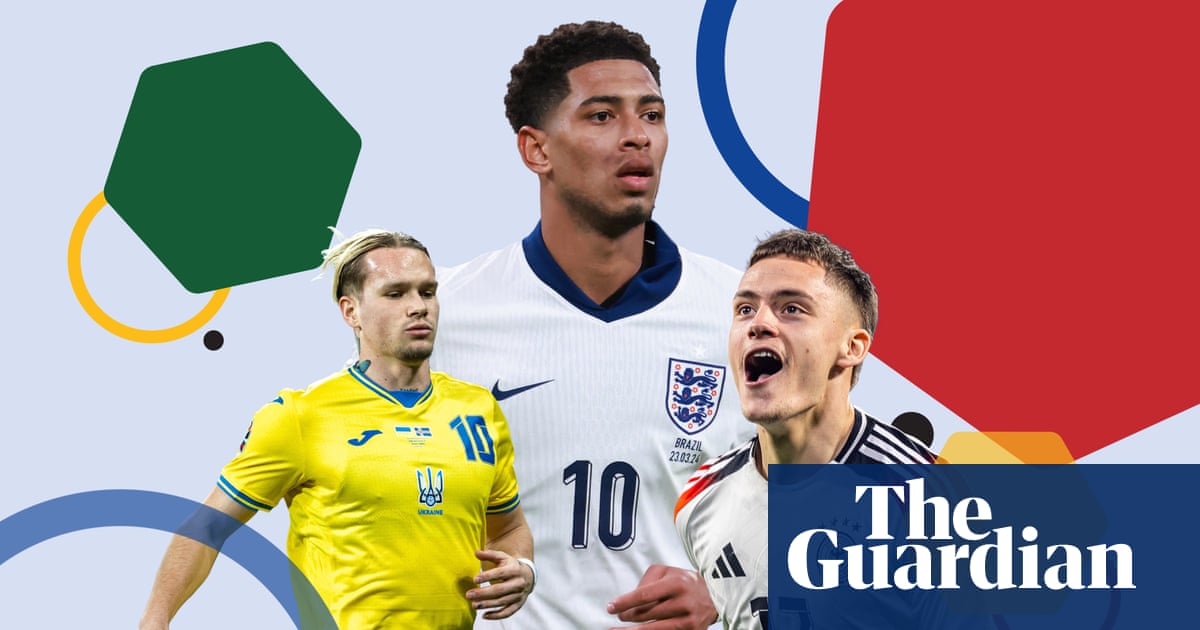
Aman from Arsenal, a man from Spurs, a man from Watford and a man from QPR walk into the Allianz Arena. No joke: Villarreal are in the semi-finals of the Champions League. Theirs may be the smallest town ever to have seen its team win a European trophy, and the president may have declared their recent victory against Bayern Munich the greatest night in their history, an almost unfathomable feat, but they did have a little help from a city 180 times the size. From a whole country, in fact.
And, yes, Francis Coquelin says, smiling as he stretches out in the sunshine 805 miles south of the city where he spent eight years of his life still audible in his accent, “I think that’s something that helped us.” When Villarreal beat Bayern 2-1, their entire midfield had played in London: Coquelin joined Arsenal at 18, also spending a month at Charlton. Giovani Lo Celso is on loan from Tottenham. Étienne Capoue too was there, and played more than 180 games at Watford. Dani Parejo still winces at the first tackle taken as a teenager at Queens Park Rangers.
Nor is it just them. Of Villarreal’s 11 starters at Bayern, eight have been at English clubs, even if Gerónimo Rulli and Pervis Estupiñán never actually made appearances for Manchester City and Watford respectively. Two of the three subs used, Alfonso Pedraza and Serge Aurier, played there. The former Leicester midfielder Vicente Iborra and Liverpool full-back Alberto Moreno didn’t make it to Munich. A dozen men, nine teams. Then there’s the manager, Unai Emery.
In Coquelin’s case, it was Arsenal, Charlton and, he reveals, almost QPR, following a season’s loan at Freiburg where there was no connection with the coach Christian Streich, but there were lessons. “I don’t think I’ve ever worked as hard and, looking back, it helped: I realised you can’t take everything for granted. At Arsenal even when you weren’t playing it felt like a family, everything was nice, sometimes you don’t push yourself. To go and have a hard experience made me realise I had to keep working.”
Coquelin came here via Valencia, where he had wanted to play with the manager Marcelino García Toral and in the Champions League. Robert Pires and Santi Cazorla encouraged him to join Villarreal next. “They said ‘yeah, you should definitely go’ and I knew we could do something special. I don’t think I was wrong.”
It is a common theme and common ground, the country they all left behind providing preparation and shared experiences. They have been opponents often enough, too. “We talk about the English connection and I watch a lot of games. Go to Turf Moor and the atmosphere is special,” Coquelin says, and if the example is prompted by Burnley being where Thierry Henry gave him the nickname Columbo – “because he said I was like a policeman, stopping everyone” – the sentiment is genuine.
“Every stadium has a little something only found in England: football there’s different,” he says. It is also, it turns out, useful. This not purely coincidence; it is an increasingly conscious plan. There is money and talent in England, a surplus of footballers making it an interesting market in which to find players who in the right “ecosystem”, offered another opportunity, can perform. Which they certainly have, the policy’s success making it self-perpetuating.
“The Premier League is probably the best league in the world and the physical nature helps when you go [elsewhere],” Coquelin says. “We still have a Spanish mentality playing in Spain: possession football, playing from the back. It’s more at this stage of European football that it’s important to have the baggage of physicality and technique.
“You see a team like Bayern: obviously technically they’re good but physically they’re very strong, too. They would really fit in the Premier League. And I think English experience is something that did help us there. The manager has been there and many players know what it’s about. Hopefully that will be an asset against Liverpool.”
Emery’s stay was brief, especially compared to Arsène Wenger. “You’re talking about two persons who are in love with football. Two great managers,” Coquelin says. “They know everything. I’ve learned a lot. I was 10 years at Arsenal and I went so young, so Wenger was like a second father.” Do you still hear his voice sometimes? Coquelin smiles. “To be fair Arsène was not someone who talks a lot. If you wanted to talk, you knocked at his door. But with eye contact alone you knew if he was happy with you.”
Emery is more intense. Another smile, slightly conspiratorial this time. “Yeah, a little bit.” Did Arsenal lack patience with him? “In many places,” Coquelin replies. “Look at Paris Saint-Germain: look at what they’re doing now and it’s not any better than when he was there. Unfortunately, football doesn’t have patience. For Unai, I think the language barrier was difficult. He needs to communicate his message to his players. He does that easily here; it was more difficult at PSG and Arsenal. He has huge credit here, and deserves that.
“The whole team is behind him. He really works the details and video is a big part of that. It helps: we looked very closely at how Bayern played against Salzburg and now we’re in the semi-final.”
There was an emotional element too, Parejo citing Bayern’s assumption they would go through, with Julian Nagelsmann hoping to settle the tie in the first leg. “When you spit upwards, it comes back down,” the former QPR midfielder said.
“When you see something like that it gives you a bit of extra bite,” Coquelin says. “It was a little lack of humility, I would say. I can understand it a little bit: when you’re the bigger team you don’t do it on purpose but sometimes it’s natural to think: ‘Well, we’re playing against the easiest team.’ And as Dani said, you don’t know what can happen.
“They realised in the first leg, because we could have scored three or four. I thought they would think: ‘Maybe we talked a bit too much.’ But then they did exactly the same. So they didn’t learn their lesson. And all the chances we didn’t take in the first leg, we did in the second. We got one, and scored it. That’s why they got knocked out.
“But you go to the Allianz and it’s still difficult, you know. Especially when you miss so many chances in the first leg. I was a little bit … not scared, because I was convinced we would have chances, but you do think: ‘I hope we don’t regret this.’ Luckily, that wasn’t the case, but we have to learn from that because I think Liverpool are stronger than Bayern. We have to take our chances because in two minutes they can punish you. They’re in a massive moment.”
So too is a familiar figure, the man Coquelin faced throughout his youth, including the final of the European under-19 championship, 12 years ago now: “The best player of our ’91 generation with Eden Hazard. We had many battles and it will be another one on Wednesday with Thiago Alcântara. He and Hazard were the standout players of my generation and you see his career with Barcelona, Bayern Munich and Liverpool. He’s settling in, playing really well.
“There’s something in the Spanish culture, the genetics: small players who have to adapt, tricky little midfielders with that the culture, the philosophy of keeping possession, playing out. Then there’s his family [genetics]: his father and brother, a family of footballers.”
As well as Thiago, Coquelin offers a catalogue of Liverpool’s qualities that speaks of admiration. He insists that Anfield is genuinely “different”, “the atmosphere between team and fans something you don’t really come across in football”.
He begins: “Liverpool are probably the team that press best. I can’t really see where their weaknesses are. They attack so well and now they have [Ibrahima] Konaté competing with [Joël] Matip. The left-back and the right-back are like strikers basically. They have two players who fight for Ballon d’Or, [Mohamed] Salah and [Sadio] Mané. Now they’ve signed Luis Díaz and he settles in like he has been there five years.
“They’re the best team in Europe but, as a footballer, what do you want? To play this sort of game, travel round Europe. We have a dream in the back of our heads to play a Champions League final. We know it’s tough but the whole team, the whole town, is excited. It’s difficult but we’ve got confidence: we knocked out Bayern Munich and Juventus and we’re going there to compete. We’re not going there just to look at Anfield.”
Well, of course not. After all, this is no joke and most of them have been there plenty of times before.












